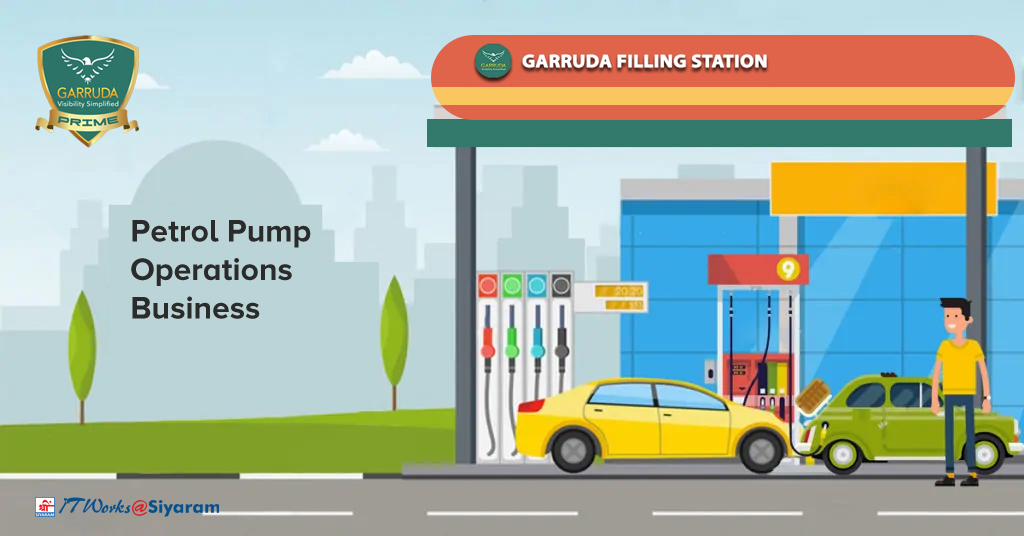
Why Technology Adoption is Critical for Petrol Pump Operations Business
Adoption of technology in business is growing at a rapid pace. However, there are still large number of organizations and specific businesses who have yet to embrace technology for growth of their businesses. It’s evident that technology penetration in the business has long term benefits, yet a much larger number of small to medium-sized enterprises (SMEs) fail to engage with technology.
At the outset it seems that petrol pump operations business is the simplest of any kind of businesses. But the moment you start deep diving into the processes and the transactions, one realizes that there are several complexities in this business. Need for technology adoption and the right kind of Petrol Pump Operations Management solution becomes a necessity for the efficient working of the complex petrol pump operations business.
In petrol pump retail operations business as well, technology adoption isn’t yet a mainstream focus. Such businesses stay away from technology adoption generally due to wrong myths about high costs, resistance to change and lack of user acceptability.
Extent of Current Technology Adoption:
Petrol pump operations still have a very low footprint of technology adoption and majority of their operations are being done manually OR are semi-automated.
Below are few of the operations basis the level of technology adoption in a Petrol Pump Operation:
Operations which are automated using Technology are primarily influenced by the OMC’s (Oil Manufacturing Companies) and the changes being brought about due to increase in Digital Payment Mode:
- Automation Systems installed by OMCs to get their required data in terms of Sales & Stocks
- Payments made to OMCs are now only through RTGS / NEFT and not thru physical Cheques / DDs
- Payments Received from Retail Customers through Credit Cards, EWallets, UPI, etc.
Operations which have limited adoption of technology but are very critical for efficient and effective petrol pump operations and management to arrive at desired results:
Semi-Automated Operations:
- Accounting for All Petrol Pump Operations as desired by the Petrol Pump Owner
Manual Operations:
- Daily sales management
- Daily forecourt operations – Expenses, Collections, Deposits, etc.
- Credit sales management – Parchi / Slip Handling, Billing, etc.
- Customer Credit limit Control
- Stock Management of Lubes & Others
The bitter truth is that the extent of automated operations in RO is just 20% whereas 80% of work is still manual and are most critical for the efficient and effective management of the petrol pump operations.
Contact Us

